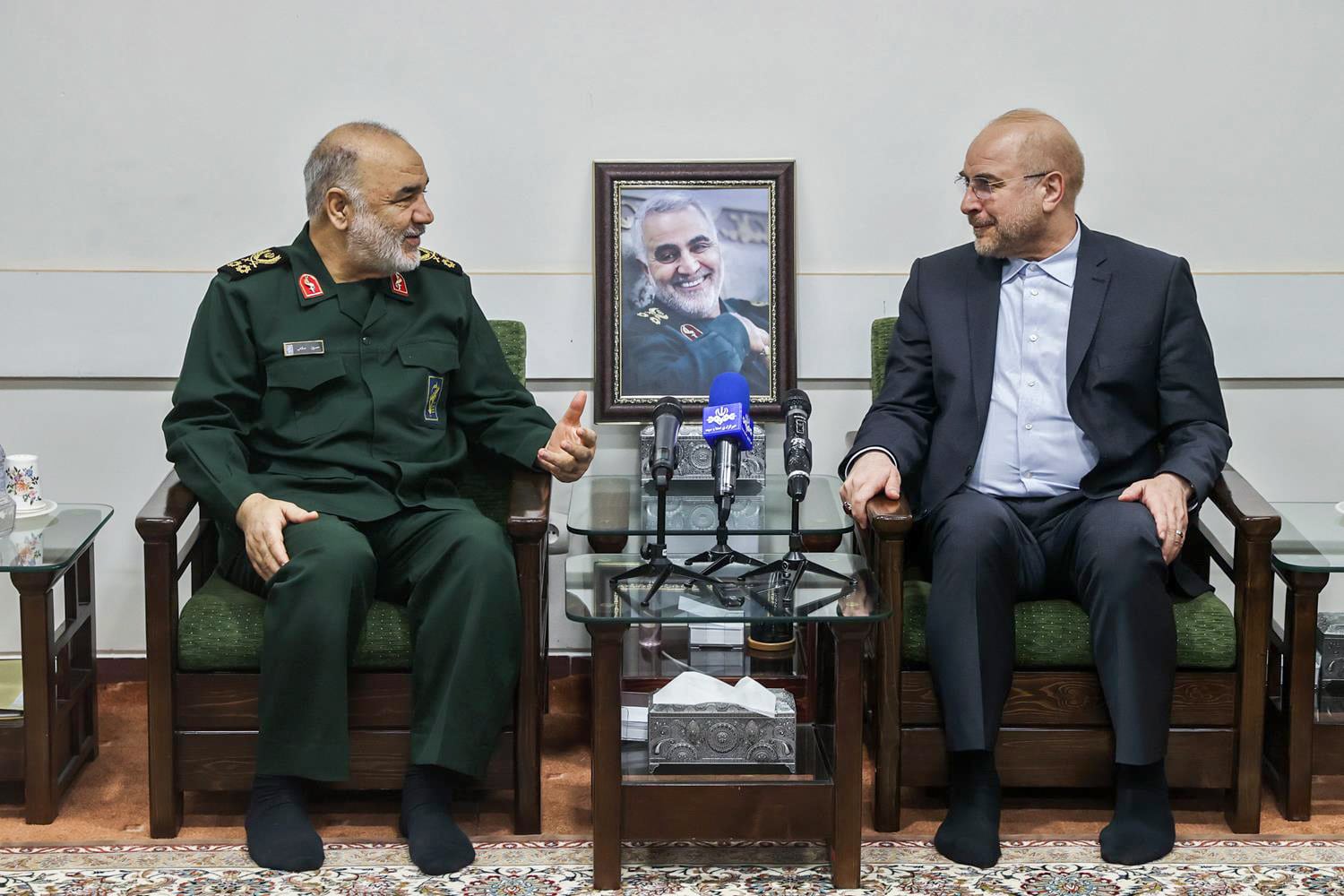TEHRAN: Iran’s Islamic Revolutionary Guard Corps on Saturday warned the European Union against making a "mistake” by listing it as a terror group, after the bloc’s parliament called for the measure. Members of the European Parliament voted on Wednesday to include the IRGC on the 27-nation bloc’s terror list in "light of its terrorist activity, the repression of protesters and its supplying of drones to Russia”. The vote is non-binding but comes with EU foreign ministers already due to discuss tightening sanctions on the Islamic republic next week. "If the Europeans make a mistake, they must accept the consequences,” IRGC chief Major General Hossein Salami said, according to the Guards’ Sepah News website, in his first remarks on the EU move.
The European Union "thinks that with such statements it can shake this huge army”, Salami said. "We are never worried about such threats or even acting on them, because as much as our enemies give us a chance to act, we act stronger,” he added. The Guards oversee the volunteer Basij paramilitary force, which has been deployed against protests since mid-September triggered by the death of Mahsa Amini, 22, after her arrest for allegedly violating Iran’s dress code for women. Authorities in Iran say hundreds of people, including members of the security forces, have been killed and thousands arrested in the unrest. The Guards, formed shortly after the 1979 Islamic Revolution, answer to Iran’s supreme leader Ayatollah Ali Khamenei and boast their own ground, naval and air forces.
The United States has already placed both the IRGC and its foreign arm, the Quds Force, on its list of "foreign terrorist organisations”. Salami’s comments came as he received Iran’s parliament speaker Mohammad Bagher Ghalibaf, a former commander of the Guards air force. "We in the parliament are ready to deal firmly with any action that tries to harm the Islamic Revolutionary Guard Corps and distort the truth,” Ghalibaf was quoted as saying by Sepah News. Meanwhile, a French-Irish citizen held in Iran has suspended his dry hunger strike at the request of his family, who fear for his life, his sister told AFP on Friday.
Bernard Phelan, detained in Iran since early October, will accept food and fluids again, Caroline Masse-Phelan said, but remains "determined”, and will "start again if there is no progress”. Phelan, a Paris-based travel consultant and one of seven French nationals held by Iran, was arrested while travelling and is being held in Mashhad in northeastern Iran. Iran accuses him of anti-government propaganda, a charge he has denied. He started refusing food on January 1, and fluids on Monday. Phelan, who suffers from a heart condition and a chronic bone issue, was judged to be in critical condition by Wednesday.
Masse-Phelan said earlier in the week the family had managed to pass messages to her brother through diplomatic channels. "Bernard has agreed to read our messages and has suspended his hunger and thirst strike,” she said Friday.
"His life is still in danger,” she said, adding that her brother had received no medical attention, and was "not well”, suffering from "an enormous drop in blood pressure”. The Iranian authorities have so far refused to release Phelan on medical grounds despite repeated requests from the French and Irish authorities, a French diplomatic source has said. Phelan is one of two dozen foreigners who are being held in Iran, according to activists, who describe the detainees as "hostages” seized to extract concessions from the West. Phelan was travelling through Mashhad during the ongoing protests against Iran’s clerical regime when he was arrested. Fellow French national Benjamin Briere, who was sentenced last year to eight years in prison on spying charges, is being held in the same prison. "We are extremely worried for Bernard Phelan,” a French foreign ministry official told AFP on Friday. — AFP



